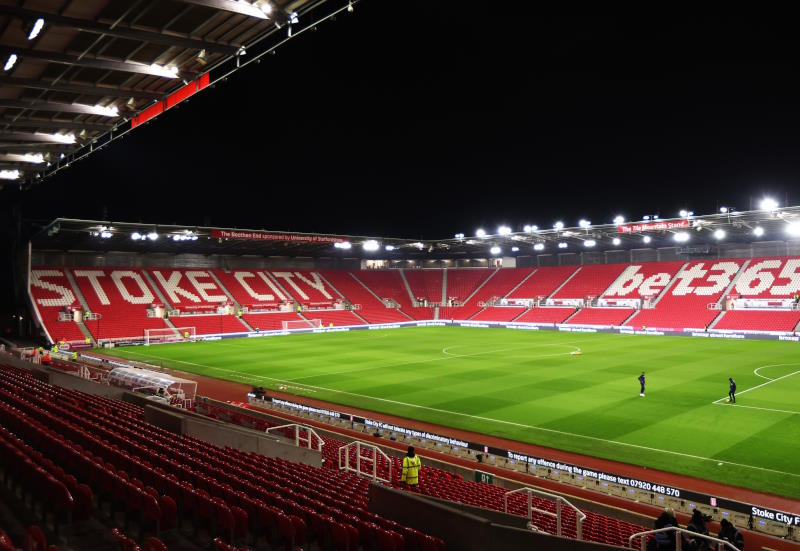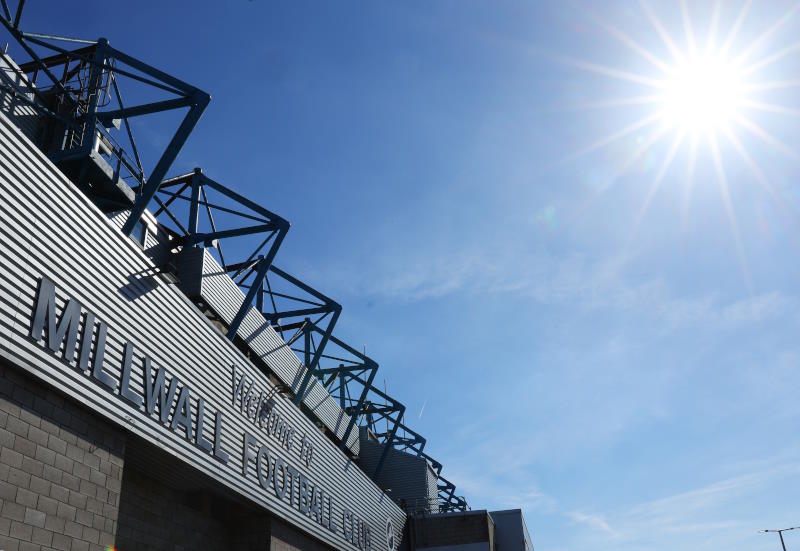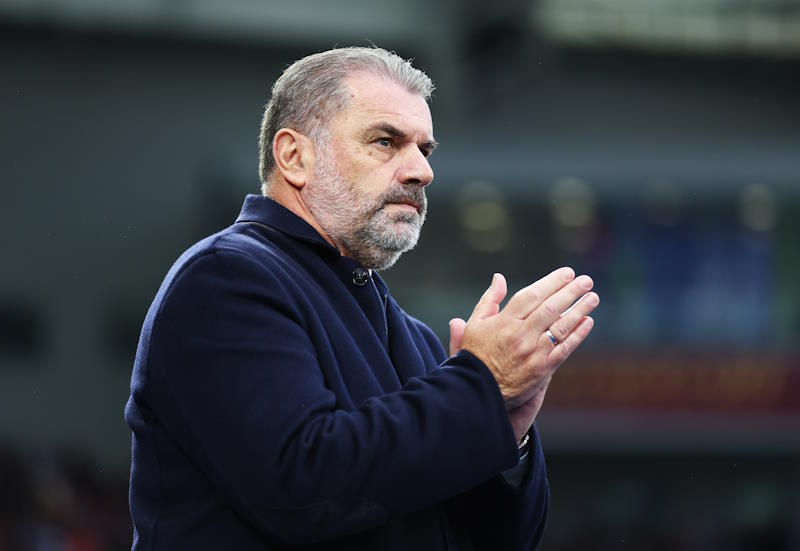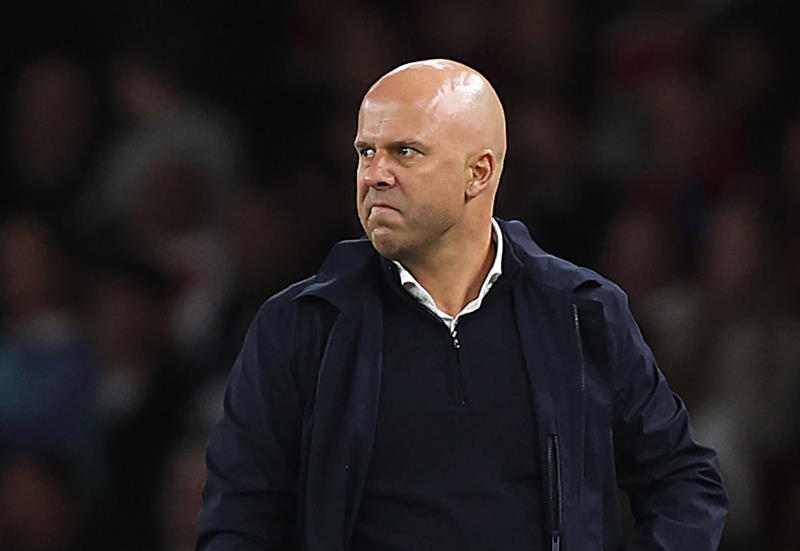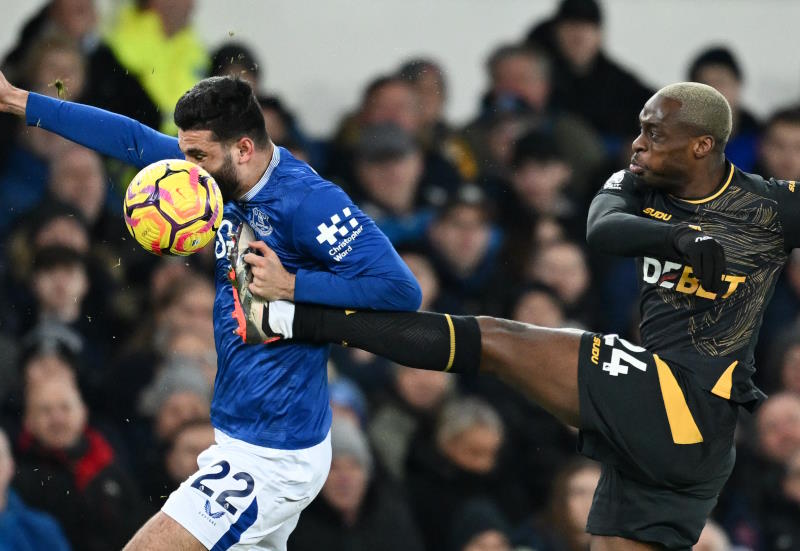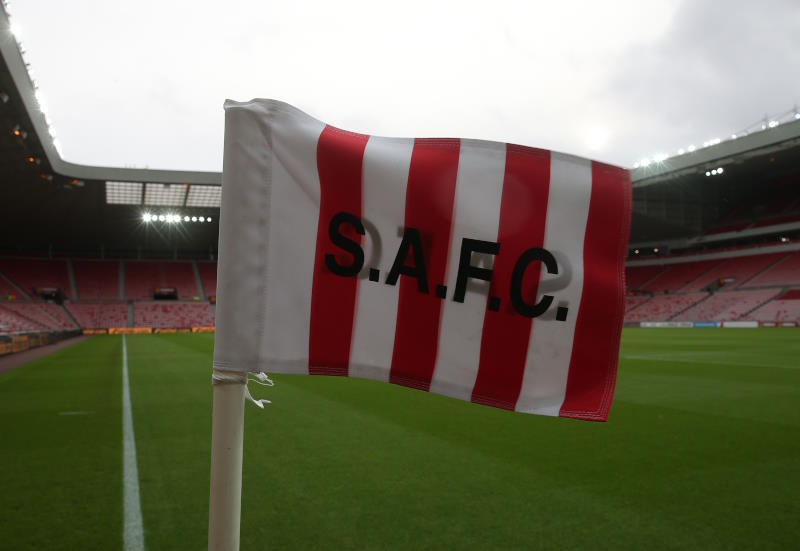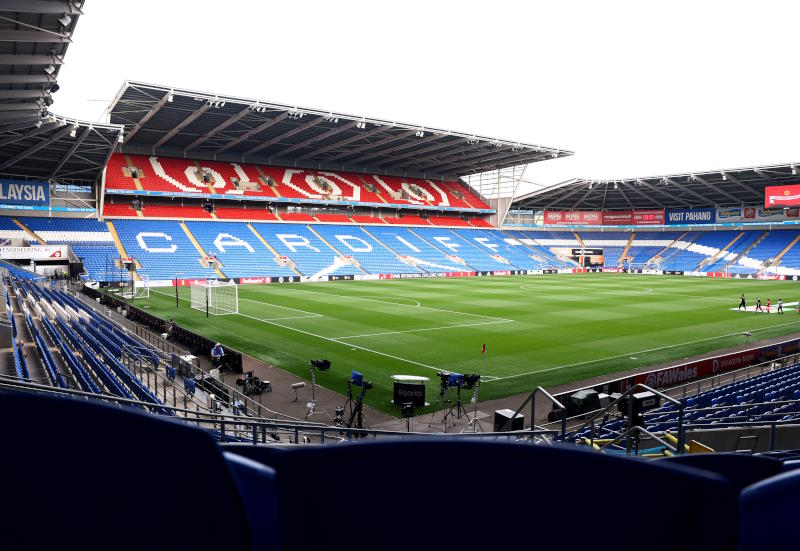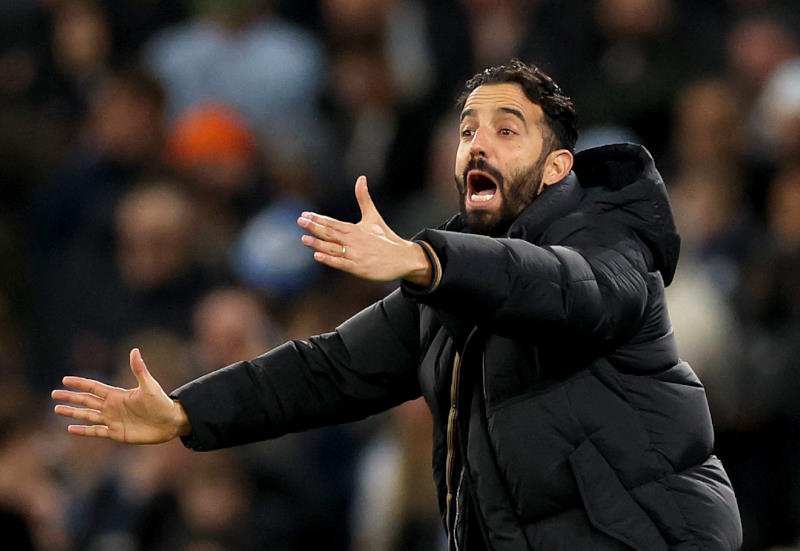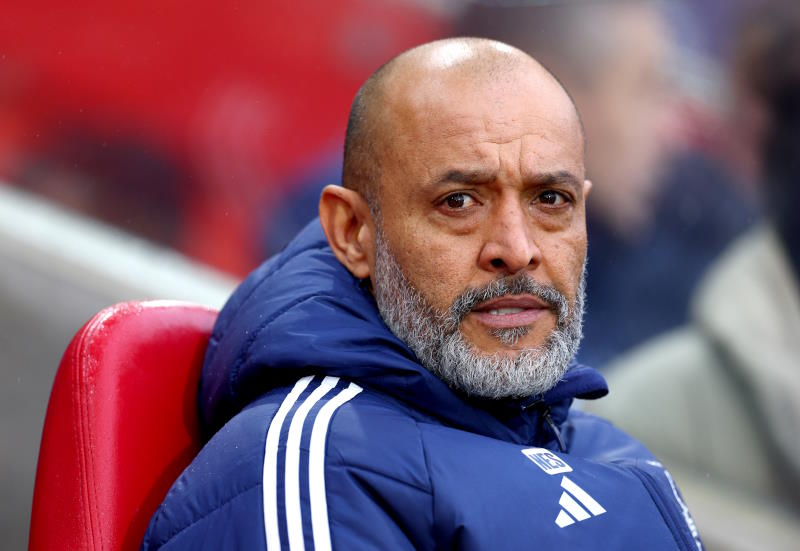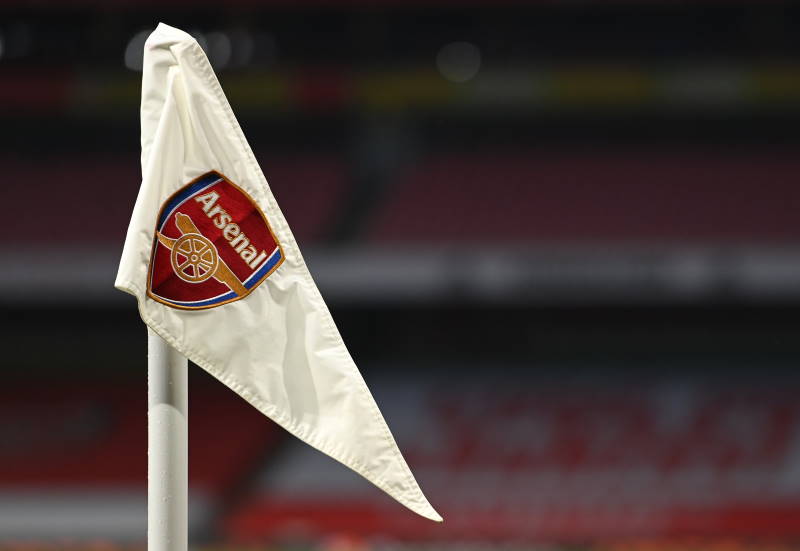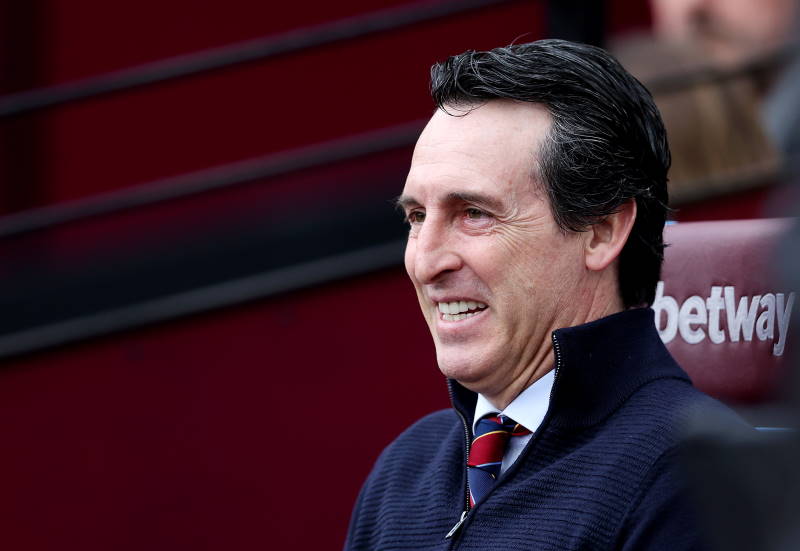
Tomasz Chodorowicz
Football is supposedly a business. Not perhaps a very profitable business for many though. Europe’s top leagues are heavily in debt. English Premier League clubs are estimated to owe €3.9 billion (€2.7 billion of this by Arsenal, Chelsea, Liverpool and Manchester United alone). Serie A sides reported an annual loss of nearly €400M last season, and the teams of La Liga are also heavily in the red. Most clubs however, think nothing of Michel Platini’s honest attempts to put a stop to this phenomena and continue functioning on money they don’t have.
While Real Madrid and Manchester City were spending record breaking sums on new players, Valencia Club de Futbol was one of Europe’s first bigger clubs to actually face the real threat of bankruptcy. During the five-year reign of Juan Soler, Valencia were torn apart by private conflicts within the club. That resulted in bad management, poor decisions, nonsense transfers, and all added up to a debt that has reached about €650M.
Valencia’s ex-owner and ex-chairman Juan Soler did not appear too concerned about his club’s growing debt. The reason for that was his simple solution to the financial problem: the Nou Mestalla. The new stadium is being built not only so that the blanquinegros have a place to play, but most importantly of all, to make money. To have funds to finish Valencia’s new home Soler had to first sell the old one, and that is where things got complicated. Nowadays, it’s not easy to find someone willing to pay a price set two years ago.
Soler hired Vicente Soriano, one of Valencia’s bigger shareholders, his former enemy and an experienced economist and businessman, as the club’s new president. His job was to get rid of the old Mestalla, finish off the Nou Mestalla, and restructure the club’s debt with Valencia’s creditor – the Bancaja Bank. The job didn’t seem easy. And it was not. In his first press conference Soriano announced that he had three buyers, and all three had matched the asking price for the old ground. They did not buy the Mestalla. Next Soriano announced good news about being close to finalising the sale of the stadium to Dutch firm ING. They too did not buy the Mestalla.
After the Dutchmen failed to reach an agreement with Valencia’s new president, Soriano revealed that his next move was to negotiate with investors from the Middle East. But the stadium remained unsold. And in the meantime, players stopped getting paid on a regular basis. When the situation became that bad shareholders brought up the idea of a creating extra shares to be sold, this would increase the capital available to the club. The biggest opponent of this idea was Vicente Soriano, who would have to dip into his pocket to purchase some of these extra shares if he wanted to keep a 10% shareholding. Soler gave his friend Soriano ten days to sell the Mestalla, otherwise he would agree to the rights issue.
Soriano surrendered and left his position as president and Juan Soler appointed Manuel Llorente as his successor, and Javier Gomez as the new vice-president. And Gomez was the new “man with the plan”. On 6th June, 2009 Javier Gomez presented his plan on how to save the Primera Division’s third most popular club. The first big idea was the rights issue, and the second was to drastically cut costs. When Gomez spoke about selling the club’s stars many Los Ches fans cried. It was hard to imagine the team without the Davids: Villa and Silva. The vice-president assumed that through taking these actions by 2014 the debt would be reduced by at least €400M. Until then Valencia would have to learn to live modestly.
Then came the 4th July. On that day the Spanish media announced that Vicente Soriano had found someone to invest in the club and purchase the Mestalla. And this time it was supposed to be for real. The mysterious investors were to buy 50.3% of Valencia’s shares too.
That amount was strangely exactly what the trio of Soler, Soriano, and Soriano’s partner Vicente Silla owned. And not only were these anonymous saviours to pay €200M for these shares, but also supposedly had made an offer of €500M for the Mestalla. This kind of money would have brought Valencia close to being able to wipe out their debt to Bancaja. There was only one problem, these future owners did not want to fork out again for new shares once the new rights issue was underway, and therefore proposed to cancel it. This was something that Manuel Llorente did not want to hear.
Just two days later, Vicente Soriano held a press conference and revealed the identity of the buyer that was to spend €500M on Valencia’s home ground. Inversiones Dalport, a company with headquarters in the South American tax haven of Uruguay, offices all around the globe, and an estimated value of $29 billion. Dalport seemed wealthy enough to take good care of the club, the future looked bright, and the need to sell David Villa and David Silva no longer existed. There was just one thing that didn’t sit right with Valencia fans: nobody had ever heard of Dalport, and some people said that a $29 billion company should be hard to miss.
Inversiones Dalport had not yet made the payment to Juan Soler when Soriano made himself boss at the Mestalla. Soriano soon demanded that Manuel Llorente sacked the board and resigned. Soriano’s proposal was laughed at and his plan to kill the new rights issue became somewhat shaky. New shares were to be issued in two days.
Even more shaky became the credibility of Dalport. On the day when Valencia began selling new shares, the Spanish press began revealing facts about the Uruguayan company. And not very impressive facts at that. At first they showed a picture from a child’s online book, and strangely it was a perfect match for the Inversiones Dalport logo. The press followed through with their investigation into the “holding company that works in multiple sectors: construction, finance, food, etc and with offices in Dubai, New York, and Miami.” That the company had no real website and no real office was nothing compared to the fact that the Business Registry of Uruguay denied the existence of Inversiones Dalport.
So too did Spanish officials and all the banks and companies that were supposedly Dalport’s business associates. The Spanish Sports Council (Consejo Superior de Deportes, CSD) however, agreed that the deal could continue, and Manuel Llorente was forced by Dalport to call a general meeting of shareholders on the 14th October that would discuss the cancellation of the new share issue. That happened at about the same time as Victor Bravo, the company’s president, reportedly offered a group of businessmen from London an investment in Valencia, with 5% of the club’s daily revenue becoming theirs.
By this time Vicente Soriano had already parted ways with Dalport, but Victor Bravo continued his story about the wealth and power of his company and would only answer the numerous questions by stating that they liked to operate with a “low profile”. To prove his point he brought to the Bancaja bank bonds from the Ford Motor Company(one of his “business associates”) to the value of $1.5 billion, which he planned to buy Valencia with. Bancaja decided that the bonds were forged… And so did four other major Spanish banks. That was when Valencia’s new saviours quietly stepped aside. The saga was over.
The first phase of the new rights issue had begun, and soon the second also got underway. The shares were selling slowly, but without major interruption. A small interruption was an offer made to Valencia to buy 50% of Inversiones Dalport. The offer was obviously laughed at, and then rejected. Juan Soler and Vicente Soriano did not purchase the shares that they were entitled to, and therefore were facing the possibility of losing power at the club. The question was, to whom?
And the answer was Fundacio Valencia. An organisation founded by Valencia fans and supported by local Valencian officials. The government of the autonomous region of Valencia secured a foundation a loan from Bancaja and the Fundacio purchased all the remaining newly issued shares and became Valencia’s owner with 72%. The Fundacio Valencia bring no revolution. Manuel Llorente and Javier Gomez are going to carry on fixing the budget just as Gomez had announced in June.
Living on credit is over in Valencia. The club has to make sacrifices in order to survive, but this makes them the first Spanish club to deal with their debt.
Related Articles:
- – 2009/10 Champions League Group Stage Preview
- – La Liga’s Top 10 Transfer Flops
- – Xerez, Tenerife and Zaragoza: La Liga’s New Boys, Who Survives?

